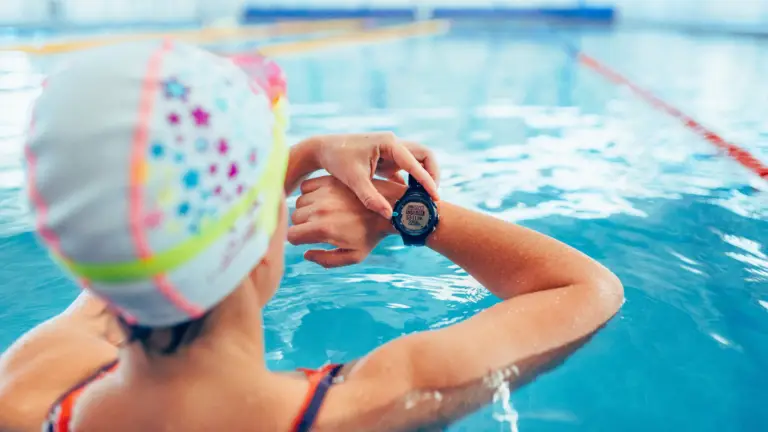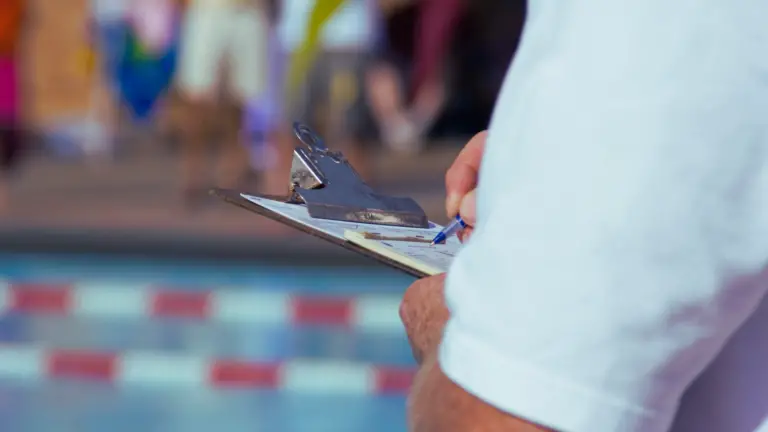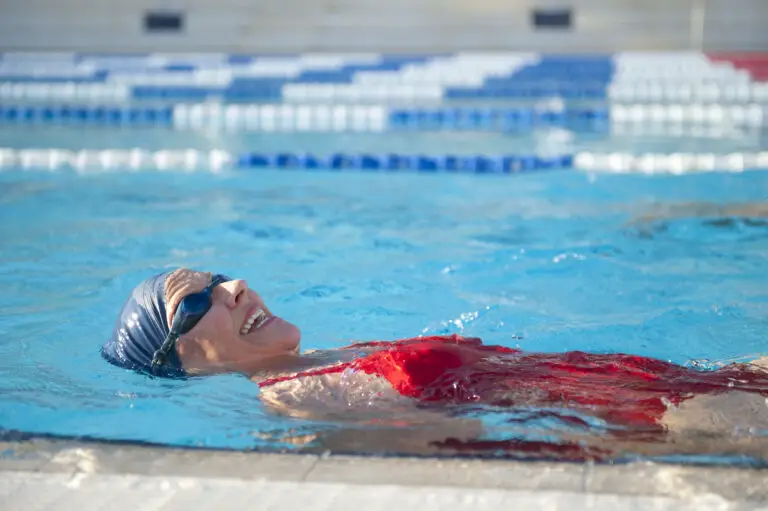
Swimming is a fantastic way to stay fit and have fun, but it’s not without its challenges. One such challenge that many swimmers face is dealing with ear infections. As a long-time swimmer and coach, I’ve had my fair share of encounters with this pesky problem. I remember one time when I was preparing for a major competition, and an ear infection almost derailed my plans. But with the right knowledge and precautions, I was able to manage the situation and still perform at my best. I’ll discuss how in this article!
Understanding Ear Infections
Ear infections are a common issue, especially among those who spend a lot of time in the water. There are different types of ear infections, but the ones most relevant to swimmers are otitis externa, otitis media, and swimmer’s ear.
- Otitis externa, also known as outer ear infection, is an inflammation of the outer ear and ear canal. It’s often caused by bacteria or fungi that thrive in a moist environment, like your ear after a swim.
- Otitis media, or middle ear infection, occurs when the area behind your eardrum gets infected, usually by bacteria or viruses. This can cause pain, fever, and sometimes hearing loss.
- Swimmer’s ear is a specific type of otitis externa that’s caused by water remaining in your ear after swimming, creating a perfect environment for bacteria to grow.
Ear infections can cause a variety of symptoms, including ear pain, drainage, itchiness inside the ear, and sometimes hearing loss. If you’re experiencing these symptoms, it’s important to seek medical attention.
Swimming can increase the risk of ear infections due to the exposure to water. Water can get trapped in your ear canal, creating a moist environment that’s ideal for bacteria and fungi to grow. This is especially common if you spend a lot of time in the water, like during intensive swim lessons or long training sessions.
For more detailed information on ear infections, you can check out the CDC’s Healthy Swimming Guidelines and the Mayo Clinic’s Information on Middle Ear Infections.
Swimming with an Ear Infection
Swimming with an ear infection can be a risky endeavor. The pressure changes that occur when you dive underwater can exacerbate the pain and discomfort associated with an ear infection. Moreover, exposing an infected ear to water can potentially worsen the infection, especially if the water is contaminated with bacteria or fungi.
However, this doesn’t mean that you have to completely avoid the water if you have an ear infection. The key is to understand your condition and listen to your body. If swimming causes pain or discomfort, it’s best to stay out of the water until your symptoms improve. If you’re on antibiotics for an ear infection, it’s generally safe to swim, but it’s always best to consult your healthcare provider first.
I recall a young student of mine who was eager to continue her swim lessons despite having an ear infection. With her doctor’s approval, she was able to swim using earplugs to protect her ear, and she made sure to dry her ears thoroughly after each session. Her dedication was inspiring, and it showed that with the right precautions, an ear infection doesn’t have to keep you out of the water.
Precautions for Swimming with an Ear Infection
If you have an ear infection and want to swim, there are several precautions you can take:
Consult a healthcare professional: Before you dive back into the water, make sure to consult your doctor or a healthcare professional. They can provide personalized guidance based on your specific condition and symptoms.
Use earplugs or swim caps: These can help protect your ear from water exposure. Make sure to use products that are designed for swimming and fit you well.
Keep your ears dry: After swimming, dry your ears thoroughly. You can use a towel to gently dry the outer ear, and you can use a hairdryer on the lowest setting to dry your ear canal. Just be sure to hold the hairdryer at least a foot away from your ear to avoid burns.
By taking these precautions, you can manage your ear infection while still enjoying your time in the water.
Preventing Ear Infections in Swimmers
Prevention is always better than cure, and this is especially true when it comes to ear infections. Here are some steps you can take to prevent ear infections when swimming:
Maintain good ear hygiene: Regularly clean your ears to remove excess wax and debris, which can trap water in your ear canal. However, avoid using cotton swabs or other objects that can damage your ear canal and eardrum.
Dry your ears thoroughly after swimming: Use a towel to dry your outer ear, and consider using a hairdryer on the lowest setting to dry your ear canal. You can also tilt your head to each side to help water drain out of your ears.
Take swim lessons: Proper swimming techniques can help prevent water from getting trapped in your ears. Swim lessons can teach you these techniques, making your time in the water safer and more enjoyable.
Treatment for Swimmer’s Ear and Other Ear Infections
If you do get an ear infection, it’s important to seek treatment promptly. Here are some common treatments for swimmer’s ear and other ear infections:
Medical treatments: Your doctor may prescribe antibiotics to treat the infection. These can come in the form of oral medications or ear drops.
Home remedies: For mild ear infections, home remedies like applying a warm compress to the affected ear or using over-the-counter ear drops can help relieve symptoms.
When to seek medical attention: If your symptoms persist for more than a few days or if they worsen, it’s important to seek medical attention. Severe or untreated ear infections can lead to complications like hearing loss.
Remember, while these treatments can help manage ear infections, the best approach is to prevent them from happening in the first place.
FAQ
Conclusion
Swimming with an ear infection can be a challenge, but with the right knowledge and precautions, it’s manageable. Remember to maintain good ear hygiene, dry your ears thoroughly after swimming, and seek prompt treatment if you do get an ear infection. Here’s to safe and enjoyable swimming!






